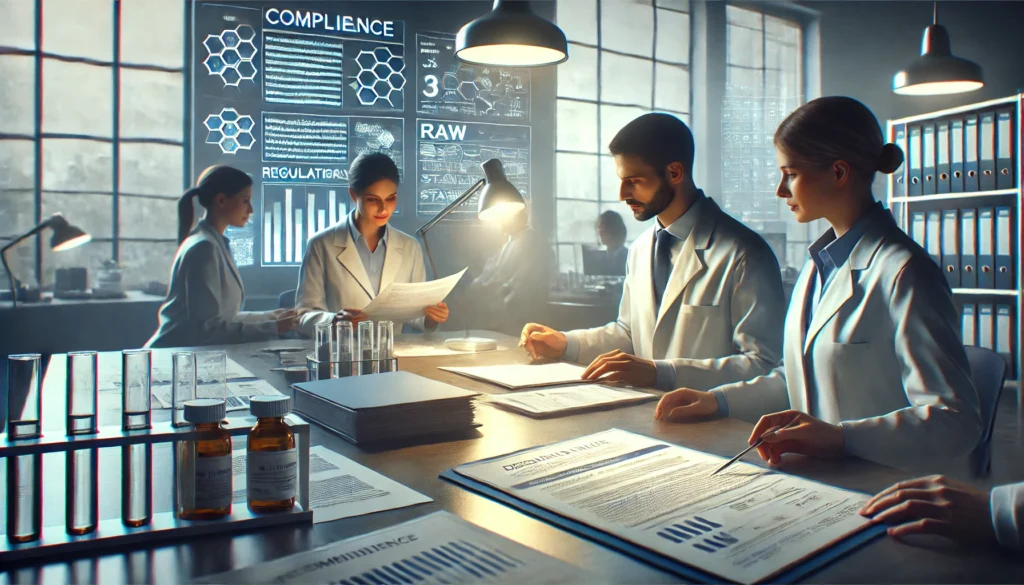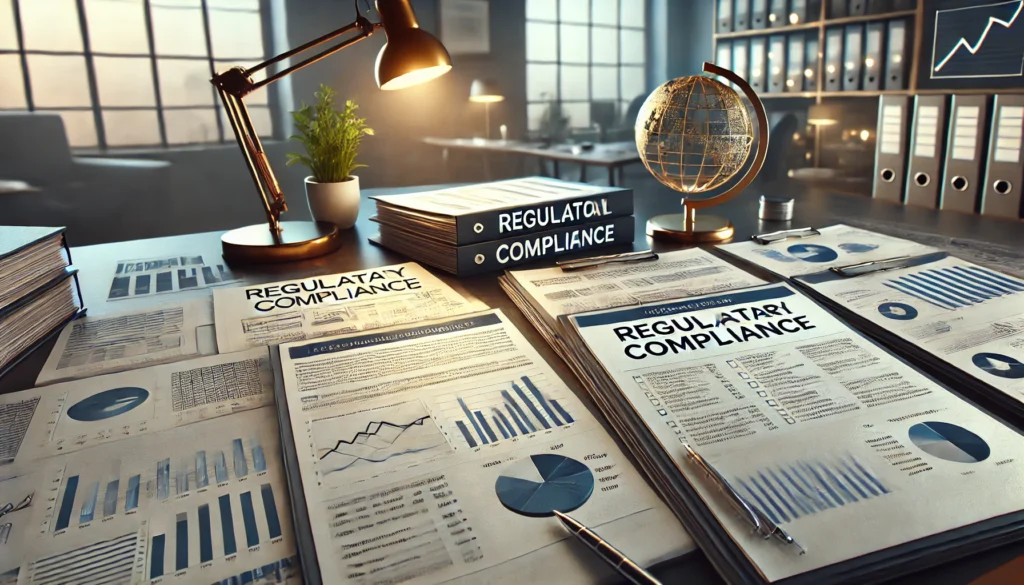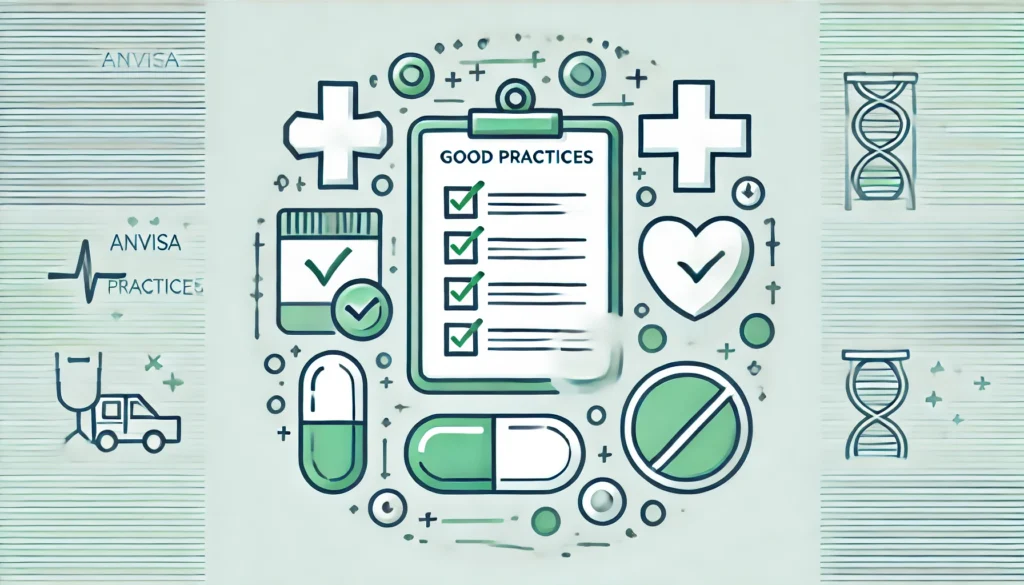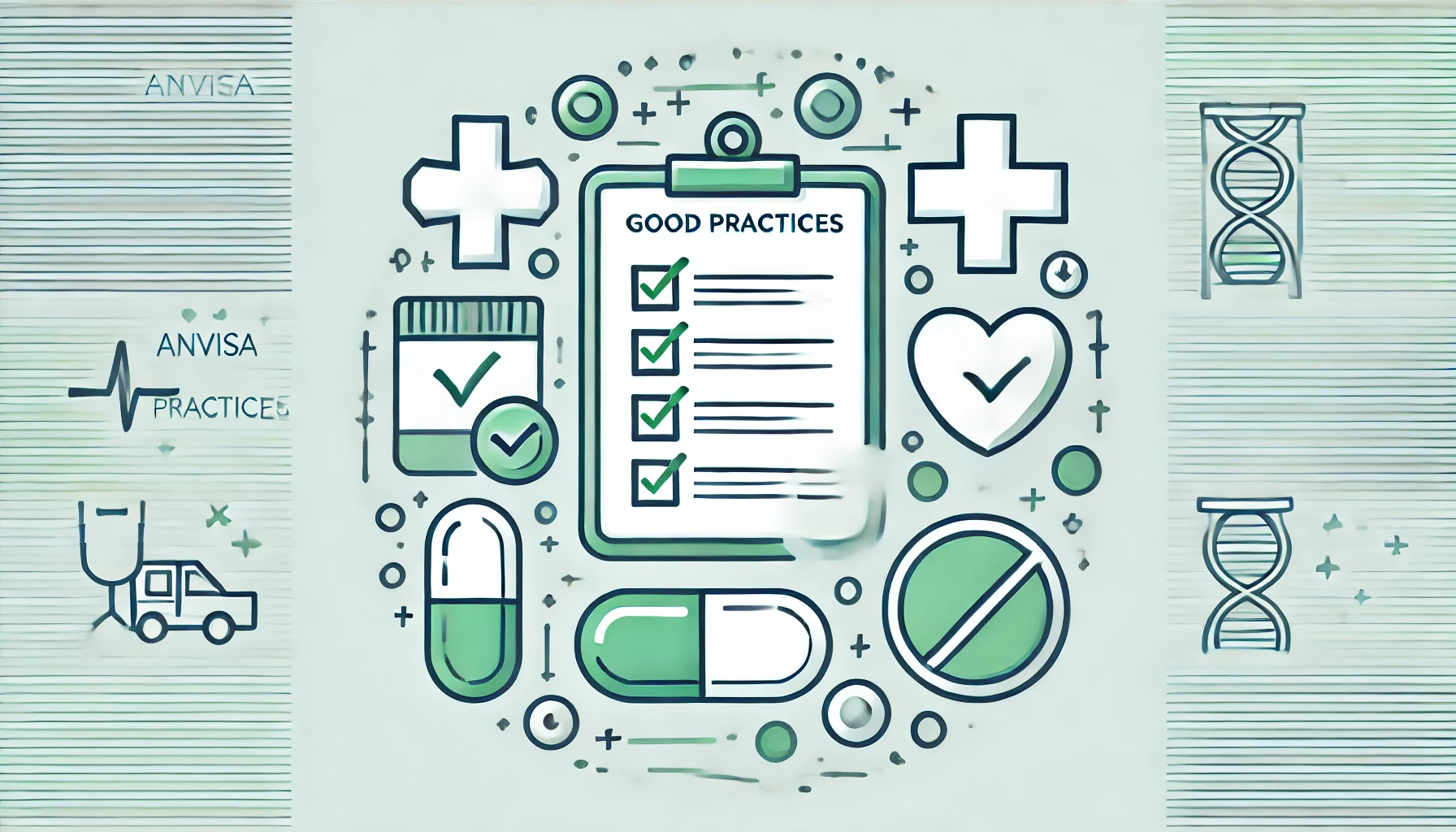Procedural Changes Begin This Month

This month marks the onset of new federal decrees that reshape regulatory standards in Brazil. Two key decrees—Decree 11,243 of October 21, 2022, and Decree 12,002 of April 22, 2024—introduce pivotal updates to Anvisa‘s procedures, aimed at enhancing regulatory quality and alignment with international standards. These decrees mandate compliance with modified standards as outlined in Portaria 162 and Service Guidance 96, both dated March 12, 2021.
The Brazilian Regulatory Best Practices 2024 are tailored to streamline regulatory processes, make public engagement more flexible, and reduce bureaucratic burdens. The changes also address standards on Public Consultation requirements, allowing certain regulatory measures to bypass the process under specific conditions.

Updated Public Consultation and Participation Standards
The Brazilian Regulatory Best Practices 2024 emphasize situations where Public Consultations are no longer mandatory. Previously, most regulatory initiatives required a Public Consultation, adding time and complexity to implementation. Now, Anvisa can bypass the Public Consultation if a situation meets specific criteria, like urgency, minimal impact, or alignment with international standards. These new exemptions aim to maintain efficiency while safeguarding transparency and public engagement. Here’s a closer look at the scenarios that now qualify for a Public Consultation exemption:
- Urgency: Where prompt action is essential.
- Minimal Impact: If the measure has low social or economic impact.
- International Standards: If the new regulations align with existing international benchmarks.
- Higher-Level Regulations: Situations requiring alignment with laws or policies that do not permit alternative regulatory options.
- Obsolete Standards: Updating or revoking outdated regulations without changing the core content.
- Reduced Requirements: Reduction in regulatory demands to lower compliance costs.
- Technological Alignment: Updating standards to reflect current technological capabilities, as stipulated in Decree 10,229/2020.
- Non-Applicability of Impact Analysis (AIR): As defined in Article 3, §2 of Decree 10,4011/2020.
Importantly, Brazilian Regulatory Best Practices 2024 specify that in cases where a Public Consultation is bypassed for reasons like minimal impact or international alignment, alternative forms of public engagement are still required. This ensures that affected parties continue to have a voice in regulatory processes, maintaining a participatory approach.

How These New Standards Differ from Previous Protocols
In the prior regulatory framework, all significant regulatory changes mandated a Public Consultation, even when urgency or international standards alignment was a factor. Under the Brazilian Regulatory Best Practices 2024, certain categories of actions no longer require public input, providing flexibility in regulatory procedures. This update allows Anvisa to respond faster to evolving regulatory needs while upholding Brazilian Regulatory Best Practices 2024 standards.
For instance:
- Before: Public Consultation was mandatory regardless of the urgency or scope of impact.
- Now: Public Consultation can be bypassed for measures deemed urgent or having minimal impact. Additionally, for low-impact changes aligned with international practices or technical updates, alternative public engagement mechanisms are allowed.
This new standard balances the need for regulatory agility with public transparency, ensuring that urgent or low-impact changes do not stall under lengthy public review processes.

Publication and Enhanced Access to Consultation Data
The Brazilian Regulatory Best Practices 2024 also introduce expanded information sharing and consultation durations. Anvisa now includes more comprehensive data for each Public Consultation, such as direct links to consultation pages on both its own website and the federal government’s Participa + Brasil portal. This centralized platform aims to streamline public access to federal consultations and regulatory updates across agencies, reinforcing the transparency pillar of the Brazilian Regulatory Best Practices 2024.
In non-urgent cases, the new standards extend Public Consultation durations. Consultations impacting international trade must remain open for a minimum of 60 days, while other cases maintain a 45-day minimum. These extended timelines enhance public involvement, allowing affected parties ample time to provide input.

Regulatory Agenda Updates and International Alignment
Brazil’s Regulatory Agenda is also impacted by the new decrees, which introduce flexibility to update topics more frequently when necessary. The Brazilian Regulatory Best Practices 2024 facilitate extraordinary agenda updates in response to emerging regulatory needs, enabling Anvisa to remain adaptable.
Decree 11,243/2022, effective June 9, 2024, aligns Brazilian regulations with international trade and transparency standards, specifically meeting obligations under the Brazil-U.S. Economic and Trade Cooperation Agreement. This alignment simplifies international trade and regulatory collaboration by ensuring that Brazilian standards remain compatible with global expectations.
Decree 12,002/2024, effective June 1, 2024, establishes detailed guidelines for creating, revising, and consolidating regulatory acts. It mandates precise drafting standards for Anvisa, reducing ambiguities and reinforcing Brazil’s commitment to efficient and comprehensible regulation.

Navigating Brazil’s Regulatory Landscape with Hegemoni
The Brazilian Regulatory Best Practices 2024 bring substantial updates to Anvisa’s regulatory framework, fostering efficiency, compliance, and transparency. For international businesses navigating Brazil’s complex regulatory landscape, Hegemoni Regulatory & Business Solutions offers comprehensive support—from product registration and compliance assessment to navigating evolving consultation and licensing processes. By partnering with Hegemoni, companies can ensure they meet Brazil’s new standards smoothly and successfully, backed by a deep understanding of Anvisa’s regulatory requirements and a commitment to regulatory excellence.
For more information on how Brazilian Regulatory Best Practices 2024 impact your business, schedule a consultation with our experts or explore our industry news section for the latest regulatory insights.

